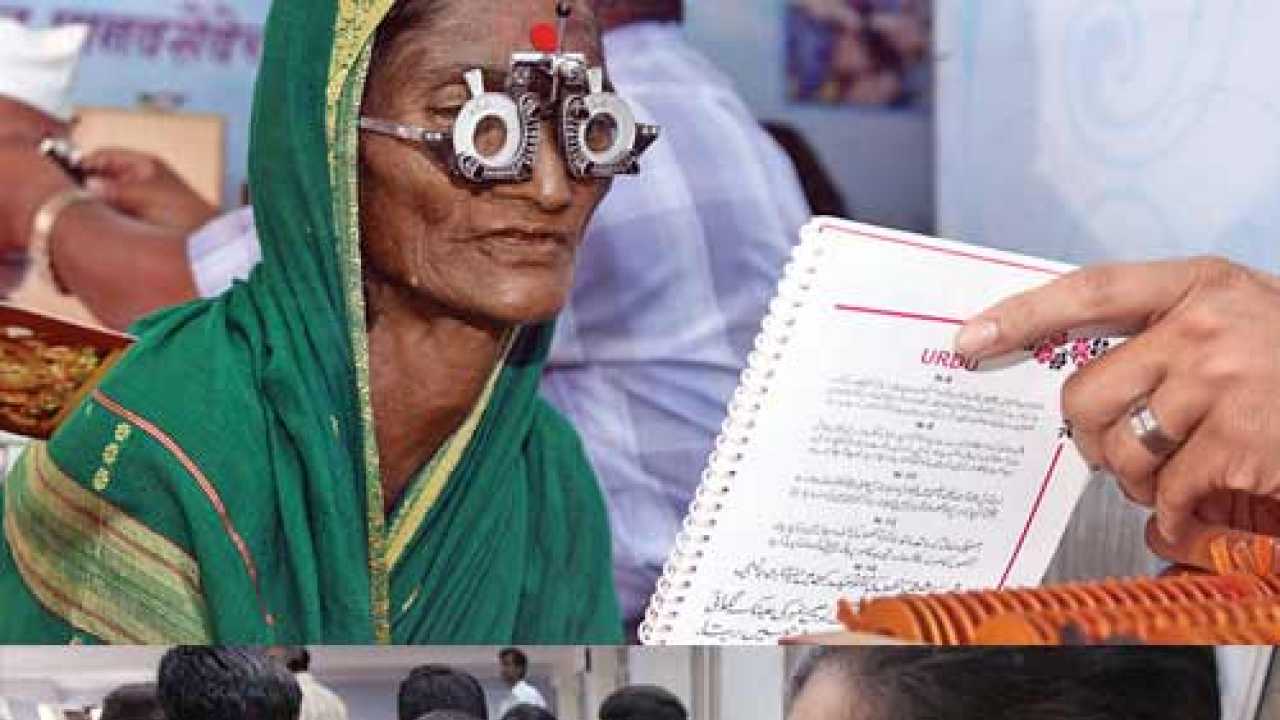
The recent report of the Parliamentary Standing Committee on Health on irregularities in the use of HPV (Human Papilloma Virus) vaccines in Gujarat and Andhra Pradesh has raised a number of issues relating to health governance in India, particularly concerning the introduction of new vaccines.
While the report has pointed out lapses on the part of state agencies like the Indian Council of Medical Research (ICMR) and the Drug Controller General of India (DCGI), it has not fully explored the wider context in which the illegal vaccine trials took place in the first place. The malaise is not limited to this particular vaccine nor to American voluntary agency, Programme for Appropriate Technology in Health (PATH), which has been indicted in the report.
Health policy of any sovereign nation is supposed to be decided independently by its government in consultation with experts within and, if necessary, outside the government. Any external or foreign agency including the World Health Organization (WHO) can only play an advisory role.
However, the emergence of global donor agencies with pockets deeper than WHO but with a narrower approach and scientific acumen, has changed the dynamics of national health policy-making.
Unlike the WHO, these new donor-players are tinkering with health policies of recipient countries and imposing priorities decided by themselves behind closed doors. The biggest of them all is the Bill and Melinda Gates Foundation, which had funded PATH to undertake HPV trials in India with the declared objective of getting the vaccine included in the Universal Immunization Programme (UIP).
This case best illustrates the new paradigm, in which health policy-making has passed into the hands of non-state actors.
PATH initiated the HPV study — taking ICMR onboard — to generate data necessary for the vaccine’s introduction in UIP even before it had received regulatory nod for marketing in India. By initiating this project — PATH and its funder Gates Foundation — took vital decisions relating to India’s health policy. First, the two decided that India needs to tackle the problem of cervical cancer or the cancer of the cervix (HPV is among its various causes) through the approach of vaccination.
Second, they decided that the problem of cervical cancer was so severe in India that the vaccine needs to be included in the government-funded UIP. Both the decisions clearly fall in the realm of policy making — which is the sole preserve of the Government of India.
In order to justify and push their decision — which would have resulted in a windfall for vaccine manufacturers Merck and GSK as per the parliamentary panel’s findings — data relating to occurrence of HPV was falsified. Actually, even now ICMR does not have national data on HPV prevalence. On the other hand, ICMR’s own data on cervical cancer — of which HPV is one of the causes — shows that cervical cancer is on a decline in India.
Time trends in cancer incidence rates: 1982-2010, recently published by ICMR, collates data from 13 population-based cancer registries across the country. It shows “a decline in the incidence of cancer cervix across all registries including the rural registry at Barshi in Maharashtra”.
In Mumbai, for instance, the proportion of cervical cancer as percentage of all cancers among women has dropped from 18.5 to 9.4 between 1982-83 and 2009-2010. The overall decline, according to the report, has been registered without any preventive steps like organized screening or early detection for cervical cancer. A vaccine was not even in the picture.
If this is the trend emerging from cancer registries, do we still need to inject our young girls with costly HPV vaccines? Just because a group of experts in Seattle — not accountable to anyone — have decided that it be so? Forget UIP, does India need HPV vaccines at all or mere health education in genital hygiene and regular screening would do? The Ministry of Health, ICMR and DCGI owe an answer to all of us.
Gates is backing two more controversial vaccines — a five-in-one Pentavalent vaccine which combines Hepatitis B and haemophilus influenzae type b vaccine (Hib) with the existing DPT; and a rotavirus vaccine to prevent severe form of diarrhoea caused by rotavirus.
The Global Alliance for Vaccines and Immunizations (GAVI), another outfit supported by Gates, funded the health ministry to do studies for introduction of Pentavalent vaccine in UIP. Again, exaggerated data was presented to justify its inclusion in government programme. Besides high pricing, the vaccine has become controversial because of reported deaths of children following vaccination.
Like HPV, the idea of including Pentavalent vaccine in the government programme was not initiated by the Ministry of Health but by non-state actors.
The number of children dying after vaccination is more than the number of deaths the vaccine is supposed to prevent, according to data presented in a writ petition currently before the Supreme Court. Similarly, the opinion on rotavirus vaccine being a panacea for diarrhoeal deaths in India is divided.
Shouldn’t the Government of India pump in more money in improving sanitation and nutritional deficiencies — underlying causes of diarrhoea — to tackle the problem on a permanent basis or keep spending billions of rupees on vaccines year after year, critics have questioned.
In a globalised world of the 21st century, one can’t argue that countries remain in their cocoons cut-off from international collaboration or even funding but there is everything wrong with allowing collaboration and funding to drive our national health priorities. If the level to which health policies in a sovereign and democratic country with a sound administrative framework like India can be compromised with donor dollars, one can imagine the plight of the least-developed nations in Africa. It’s time to wake up and take charge.
The writer is a science journalist and author based in New Delhi